Rhino
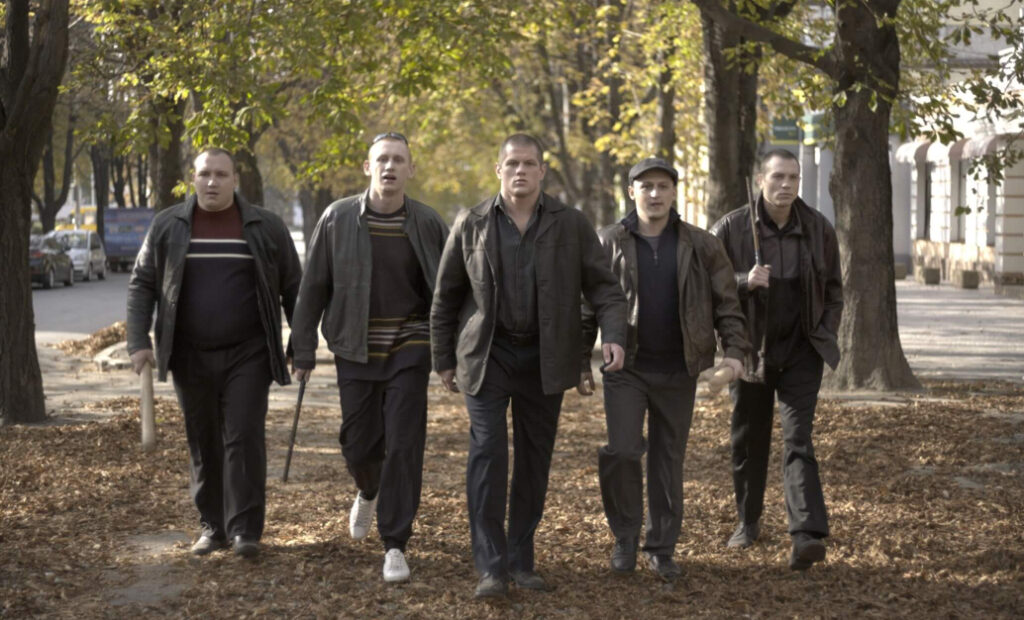
Depicting a chaotic 1990s Ukraine, after the fall of the Berlin Wall, Rhino portrays a young man embroiled in violent criminality who wrestles with his demons, yearning to find meaning and be a better person.
Contrasting with his adulthood of savage thuggery, the film’s opening presents Rhino as a boy in a field of sunflowers. Wielding a weapon, however, he annihilates some of the giant blooms, a preview of his destruction of the good in his life. Though a target of bullying by a gang of boys, he never stops fighting back. Another hint at the source of his developing aggression are segments showing him attacking his abusive father to protect his mother. Later he is drawn to gang brutality, crime and debauchery. It becomes apparent that the narrative is a flashback as we are introduced to future scenes of Rhino (Serhii Filimonov) in a car with an unidentified man, discussing his life and his wish for a higher purpose – though the movie offers little redemption.
The cinematography is very fast up to the point of Rhino’s life in crime. Moving constantly in a circular, almost dizzying motion, the camera rarely lingers, as his childhood, his family and his courtship and marriage to Marina (Alina Zievakova) is portrayed. Shots of landscapes and community are highly atmospheric, depicting the uniqueness of Ukrainian society, and every frame is beautifully composed. However, the brevity of each shot hinders more detailed observation, showing a jumbled vision of Rhino’s early life. A slower pace and more narrative specifics may have allowed for more development of his character.
In 2012, director Oleh Sentsov was awarded Best Project and Best Pitching at the Sofia International Film Festival, but the production was suspended for several years after Sentsov was imprisoned for his anti-Putin activism. Released in 2019, thanks to Amnesty International, he was awarded the Sakharov Prize for Human Rights by the EU Parliament. Also co-produced by Poland and Germany, Rhino was filmed in 2020, premiering at the Venice Film Festival in 2021.
From its start, Rhino produces a visceral emotional response which evolves to shock and revulsion as the brutality progresses. A powerful and accomplished endeavour, the film is an informative depiction of aspects of Ukrainian culture during tumultuous times. Apart from the extreme violence, a sense of a unique and charismatic heritage is conveyed. Philosophical and thoughtful, despite an unforgiving storyline, the piece attempts a glimmer of hope.
Catherine Sedgwick
Rhino is released digitally on demand on 16th May 2022.
Watch the trailer for Rhino here:

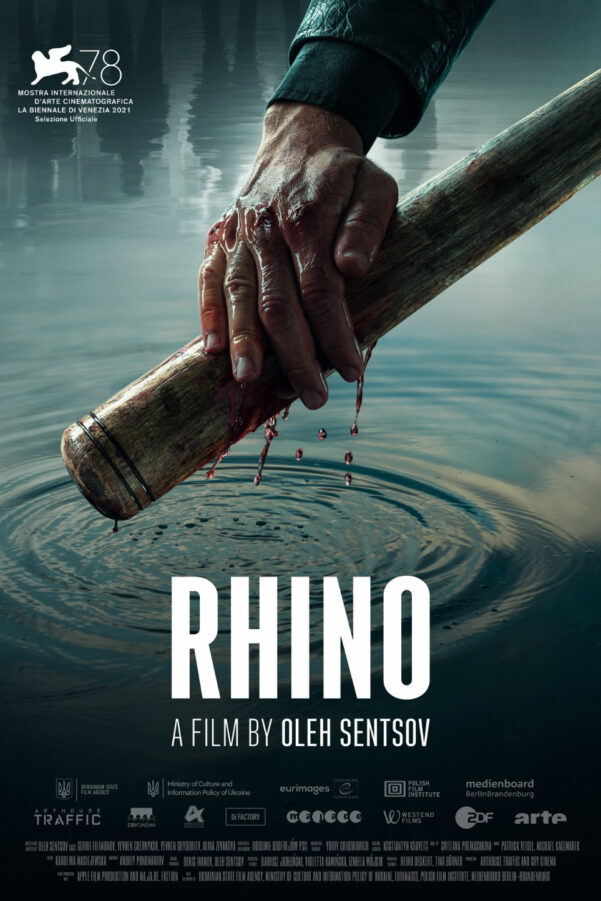

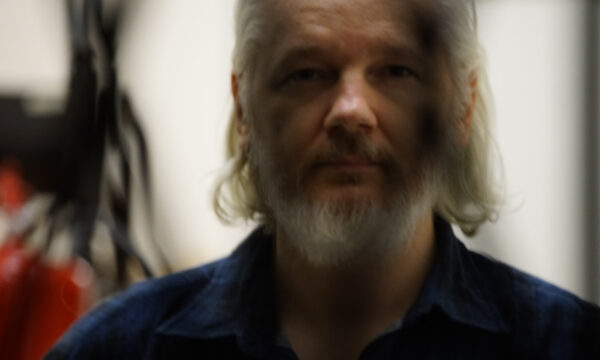

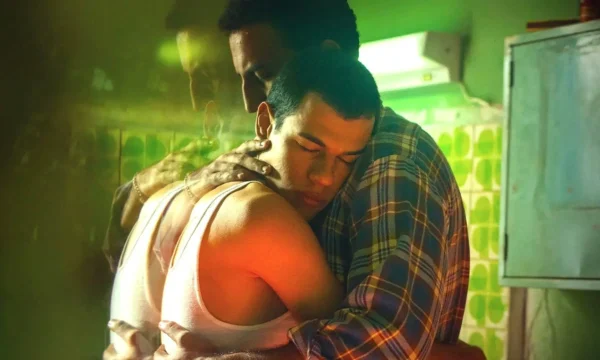
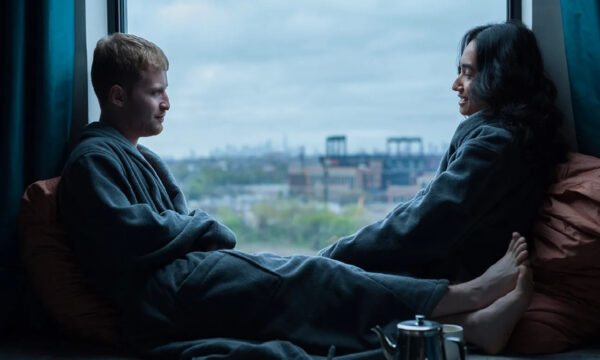






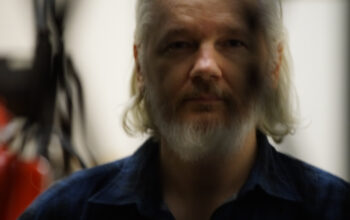











Facebook
Twitter
Instagram
YouTube
RSS